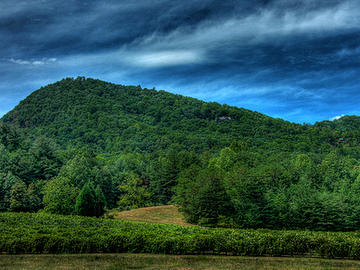
Section Branding
Header Content
State's Summer Evenings Brought Record Temps
Primary Content

Georgia’s summer season set some records in temperatures. And signs could be pointing to global warming taking hold in the Southeast.
Daytime summer temperatures were warm, but not abnormally so for most of the state from June through August. An exception was in west Georgia, where Columbus had its warmest-ever daytime summer readings.
But in reviewing average nighttime temperatures, state climatologist David Stooksbury found records or near-records were set most everywhere, from Atlanta to Jasper -- to Augusta to Columbus.
Stooksbury says that’s perhaps the front-end of a trend:
“If we have several years in a row of extremely warm nights, that is when we are going to start having good evidence that we’re experiencing global warming here in the southeast.”
Stooksbury says Georgia’s been behind the global warming curve because of its forest-areas. But that may be changing.
Looking forward out of summer, Stooksbury's forecast reads relatively dry for fall, and warmer and drier than normal for winter.
And he says with a La Nina pattern in place, that could again signal drought conditions next year:
“Right now we basically at least need to be thinking about the next year—abnormally dry. And whether it would develop into a full blown drought is too early to say.”
Stooksbury classifies west-central and southwest Georgia as being in mild drought.
Tags: Georgia, fall, weather, drought, summer, David Stooksbury, state climatologist, winter, climate
